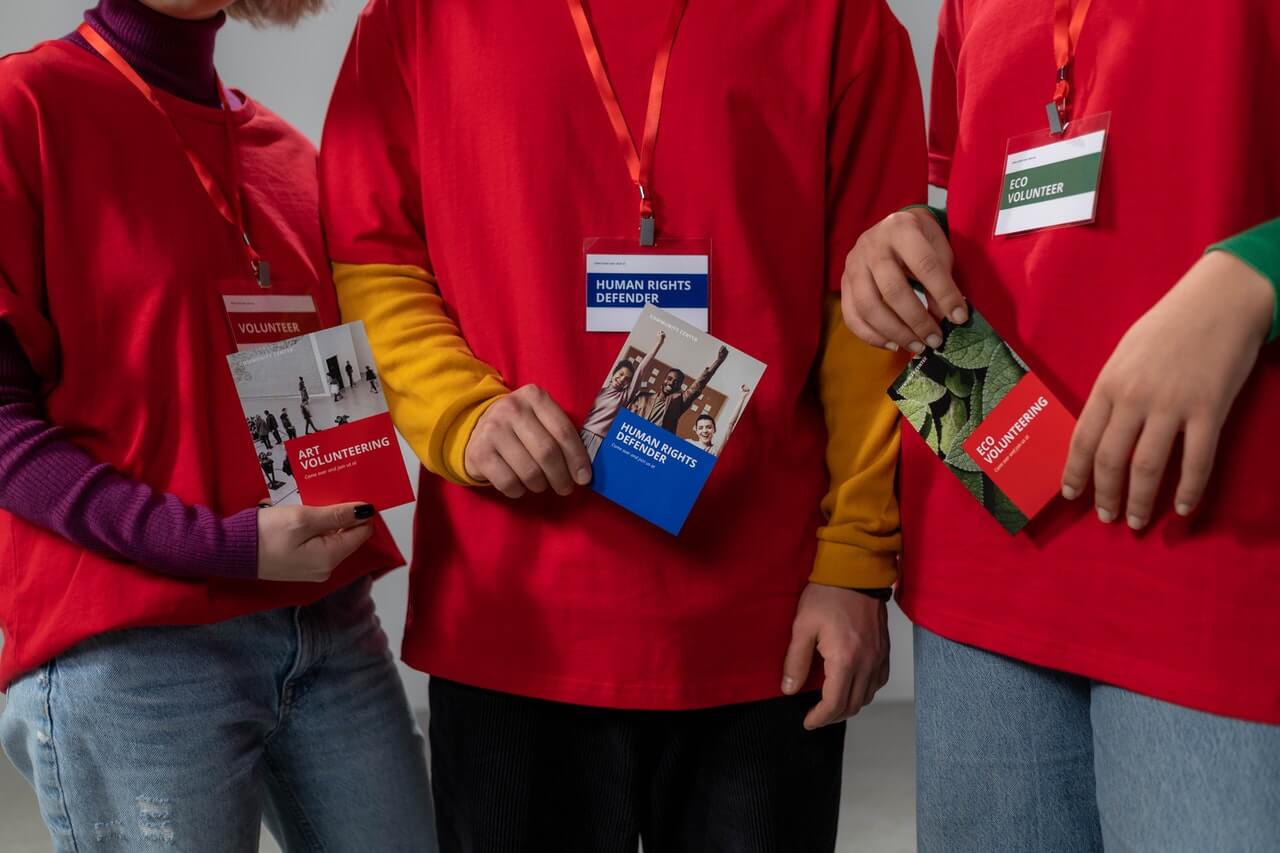(The following is an email exchange….)
I recently took over as President with the Xyz Dance Company. It is a very unorganized, 501(c)(3) volunteer (parents of dancers) organization.
I have recommend to the group we seek professional assistance to get “organized” with a development plan, create proper manuals to help keep us on track, and have sought out a local grant writer who is willing to assist us at an economical rate.
The first steps in getting organized, making sure that:
• Your bylaws clearly describe the role/function of the Board
• The Board includes people (not necessarily parents) who bring needed skills and perspectives to ensure effective and business-like functioning
• Your bylaws provide a method for evaluating Board Member performance
• Your Board Members are limited to two consecutive terms of three years
• Your number of board members is divisible by three — so that one-third of those members are up for election each year
• You have a detailed narrative of how your group came into being, what it has done, what it’s doing, what it’s planning on doing, and what future need$ will be
• You have a detailed budget that delineates all sources of income and all categories of expenses
• The grant writer, who should be able to help you put together the above narrative, is paid on a flat fee or an hourly basis … never commission/percentage
• You understand that foundation grants only account for 14% of all charitable dollars
• You understand that 80% of all charitable dollars come from individuals
• You understand that “fundraisers/events” may raise immediate dollars, but don’t result in long-term supporters
• You understand that other potential donors (including foundations, individuals and corporations) won’t be motivated to give to you if your Board Members and other parents have not set the giving example
That said, I truly feel, that because the organization is parent based, with a volunteer board, we simply are not able to put the time into fundraising that we need to. The parents find themselves transporting children, going to do other siblings activities, don’t have the comfort level to approach people for money and a host of other reasons we will fail to generate funds.
I am convinced to have a hired professional serve in the capacity, as a full time fundraiser is essential. A couple questions on that subject:
1. Do full time fundraisers work like a rep (i.e. – golf, sporting goods) where they may be working for more than one company at a time?
The phrase “full-time fundraiser” can be misleading. You have to be sure what it is that you want that person to do.
To hire an “outsider” to be your “fundraiser” raises ethical questions:
1. Do you have the cash on-hand to pay someone’s salary/benefits/taxes for an extended period … while they get up to speed?
2. Do you understand that it’s unethical for a person who raises funds for a nonprofit to be paid a commission/percentage?
3. Are you ready to explain, up front, to a potential donor that the person doing your fundraising is not a staff person?
2. What is the salary range for this type of person?
Keeping in mind that this would be a staff person, not a “rep” type, and depending what you want/expect from this person, in skills and performance, the salary would range from $40,000 to $100,000 – plus taxes & benefits.
But, you are no-where near ready to hire someone !!
3. Are there grants available that would cover or could be applied to the hiring of a full-time fundraiser? If so, where would one look to find such a grant?
Some foundations do fund the creation/support of such a staff position, but your organization must be ready to make effective use of that person. Keep in mind: Foundations typically provide initial funding for “projects.” They don’t want to adopt you.
Before you can even think about hiring a staff person, you must have a study done to determine your potential for fundraising — for sources of volunteer leadership and potential donors.
A properly done study would be an investment that would save you lots of money. Once you know what your fundraising potential might be, and who your potential leaders and donors might be, you can then design an effective fundraising program.
PLEASE NOTE: Do not think that if you hire a full-time fundraising person that s/he will raise all the money. An effective full- or part-time staff “development” person should be the organizer, trainer, and director of a fundraising program. S/he will need a cadre of volunteer leaders who will do the actual prospect cultivation and solicitation.
=-=-=-=-=-=-=-=-=-=-=-=-=-=
Have you seen The Fundraising Series of ebooks ??
=-=-=-=-=-=-=-=-=-=-=-=-=-=
Have a comment or a question about starting, evaluating or expanding your fundraising program? With over 30 years of counseling in major gifts, capital campaigns, bequest programs and the planning studies to precede these three, I’ll be pleased to answer your questions. Contact me at [email protected]
=-=-=-=-=-=-=-=-=-=-=-=-=-=
If you’re reading this on-line and you would like to comment/expand on the above, or would just like to offer your thoughts on the subject of this posting, we encourage you to “Leave a Reply” at the bottom of this page, click on the feedback link at the top of the page, or send an email to the author of this posting. If you’ve received this posting as an email, click on the email link (above) to communicate with the author.

